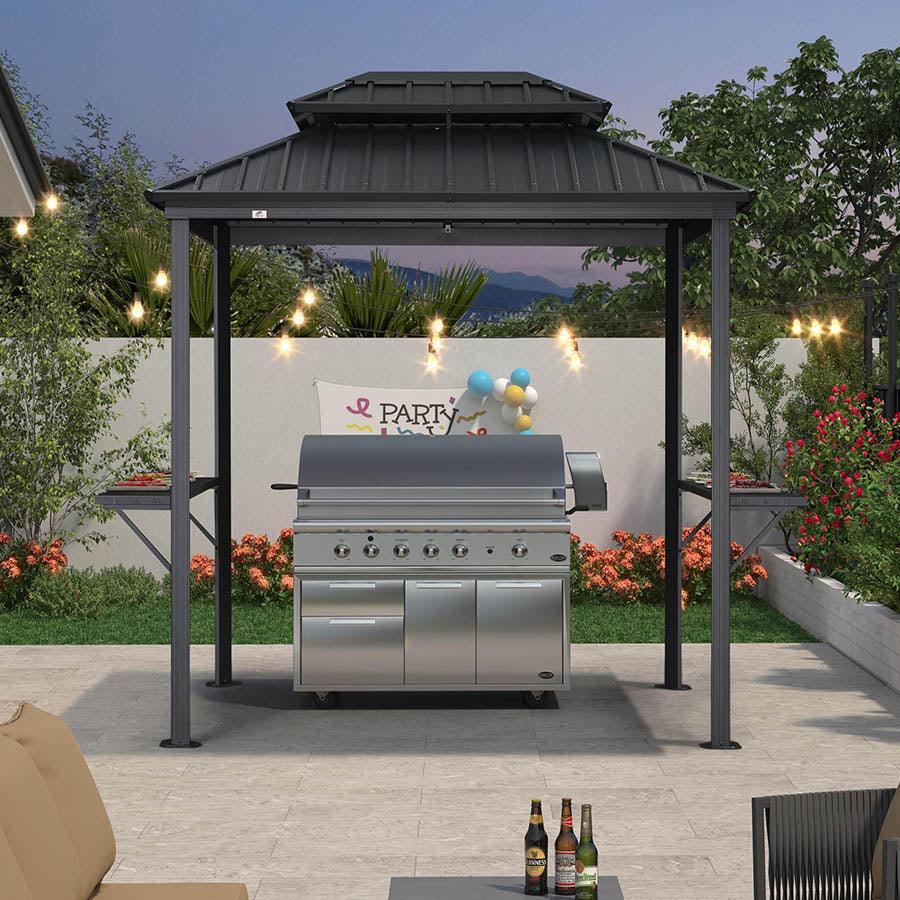Creating a cohesive and visually appealing outdoor space can be a rewarding endeavor. One of the key elements to achieving this is the use of uniform garden features. This concept not only enhances the aesthetic appeal of your garden but also contributes to a sense of harmony and balance. In this blog post, we will delve into the significance of uniform garden features and how they can transform your outdoor space into a serene and inviting haven.

Creating Visual Harmony
Uniform garden features play a crucial role in establishing visual harmony within your outdoor space. By selecting elements that complement each other in terms of color, texture, and style, you create a seamless flow that is pleasing to the eye. For instance, using the same type of stone for pathways, borders, and garden beds can create a cohesive look that ties the entire garden together. This uniformity helps to avoid a cluttered or disjointed appearance, making your garden feel more spacious and organized.
Enhancing Functionality
Beyond aesthetics, uniform garden features can also enhance the functionality of your outdoor space. Consistent use of materials and design elements can create a more practical and user-friendly environment. For example, using the same type of paving stones for walkways and patios ensures a smooth transition between different areas of the garden. This not only improves accessibility but also reduces the risk of tripping or stumbling. Additionally, uniform garden features can simplify maintenance, as similar materials often require similar care and upkeep.
Creating a Focal Point
Another advantage of uniform garden features is their ability to create a focal point within your outdoor space. By strategically placing uniform elements, such as matching planters or identical garden sculptures, you can draw attention to specific areas of the garden. This can be particularly effective in highlighting a beautiful flower bed, a tranquil water feature, or a cozy seating area. A well-defined focal point adds interest and depth to your garden, making it more engaging and inviting.
Promoting a Sense of Calm
Uniform garden features can also contribute to a sense of calm and tranquility in your outdoor space. The repetition of similar elements creates a soothing rhythm that can have a calming effect on the mind. For example, a row of identical hedges or a series of matching garden lights can create a sense of order and predictability, which can be very relaxing. This is particularly important in a garden, where the goal is often to create a peaceful retreat from the hustle and bustle of everyday life.
Examples of Uniform Garden Features
There are many ways to incorporate uniform garden features into your outdoor space. Here are a few examples:
- Plant Selection: Choose plants with similar colors, shapes, or textures to create a cohesive look. For example, a garden filled with various shades of green foliage can be very soothing and visually appealing.
- Hardscaping: Use the same type of stone, brick, or wood for pathways, patios, and garden borders to create a unified appearance.
- Garden Furniture: Select matching or complementary furniture pieces to create a cohesive seating area.
- Decorative Elements: Incorporate matching planters, garden sculptures, or lighting fixtures to create a consistent theme throughout your garden.
In conclusion, the importance of uniform garden features in enhancing outdoor spaces cannot be overstated. By creating visual harmony, enhancing functionality, establishing focal points, and promoting a sense of calm, uniform garden features can transform your garden into a beautiful and inviting retreat. Whether you are a seasoned gardener or just starting out, incorporating uniform elements into your garden design can help you achieve a cohesive and aesthetically pleasing outdoor space.








